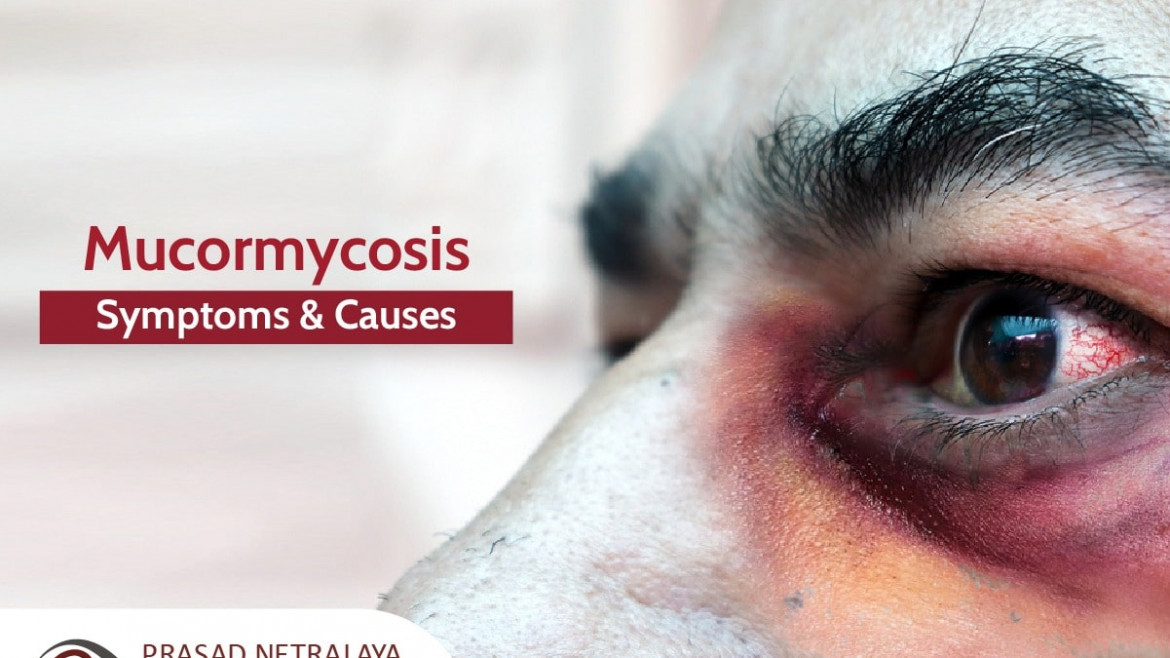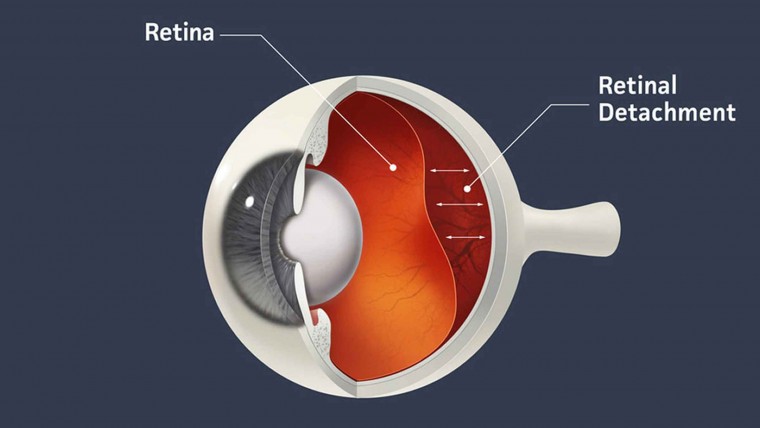With the third wave of covid-19 catching up, people are starting to become more aware of all the health risks that come with the coronavirus infection. Blood clots, long-term lung issues, and, another infection that shook us all to the core during the last wave 一 Black fungus, also known as Mucormycosis.
Black fungus was a deadly fungal problem that was consistently reported being detected in Indians who had tested positive for COVID-19 and were slowly regaining health.
Over time, a lot of false facts about this infection has spread via social media. This sparked a wave of dread and panic among the general public. Hence, it is important that you cross-check your facts and information before you pass it on.
In this blog, we’ll be breaking down mucormycosis (black fungus) symptoms, types, causes and treatments.
Table of Contents
What is Mucormycosis?
Mucormycosis, previously known as zygomycosis, is a rare fungal infection caused by a type of mould called Mucorales. This mould can be usually found in rotting wood, organic materials, soil, and leaves.
It primarily affects people who have health issues or use medications that reduce the body’s capacity to resist infections and illness. Based on the organ that is affected by the infection, mucormycosis can be classified into different types.
Types of Mucormycosis
Five major clinical forms of mucormycosis have been identified. They are 一
- Rhinocerebral mucormycosis (infection in the sinus and brain)
- Pulmonary mucormycosis (infection in the lungs)
- Cutaneous mucormycosis (infection in the skin)
- Gastrointestinal mucormycosis (infection in the gut)
- Disseminated mucormycosis (A more severe stage of infection that is followed by the above-mentioned infections)
The clinical feature of Mucormycosis is generally rapid onset of tissue necrosis with or without fever but as the disease progresses, other symptoms accompany, making it more apparent.
Symptoms of Mucormycosis
As mentioned previously, the black fungus can affect any part of your body including the eyes, lungs and bones. Some of the major signs and symptoms are 一
- Pain on one side of the face with swelling and lack of sensation
- Sinusitis that is characterised by a bloody or blackish discharge from the nose, as well as nasal obstruction
- Unbearable pain in teeth
- Distinct blackish discolouration on the nose
- Blurry or double vision and eye pain
- Abnormal blood clotting
- Chest pain, fluid accumulation in the lungs, and hemoptysis
Treatment of Mucormycosis
Both clinical and surgical techniques are used in the treatment of mucormycosis cases. Intravenous (IV) antifungal medications and surgical debridement are the most commonly used methods to manage and treat black fungus.
Your doctor will likely discontinue your IV and give you oral meds if you respond well to IV therapy and tissue removal. But when the infection is severe, doctors will have to remove the entire organ that has been infected to stop the spread of the disease.
To prevent this from happening your doctor must be able to recognize and administer treatment as soon as possible. Eye specialists at Mangalore’s Prasad Netralaya’s super speciality eye care clinic are trained to spot signs and symptoms of black fungus and get you the required treatment as soon as possible.
Risk factors of Mucormycosis
Mucormycosis is rare, although it is more common in those with health issues or who use medications that reduce the body’s immunity. Mucormycosis is more common in those who have:
- Diabetes, especially with diabetic ketoacidosis
- Cancer
- Had an organ transplant procedure
- Hemochromatosis (excess of iron in the body)
- History of injection drug use, etc.
Hence, always inform your doctor about your medical conditions so that they can assess and treat the situation as quickly as possible. If you still have questions about black fungus, check out our black fungus FAQ blog to get all the answers!
Finally, make sure you share this article with your friends and family so that they do not fall victim to any false facts which could cause unnecessary panic. Stay well informed and safe!
If you’re experiencing any eye issues resulting from deficiencies, consult an Ophthalmologist at Prasad Netralaya 一 Mangalore and Udupi’s most trusted eye care hospital. Call us at +91 9513596565 or book an appointment, if you wish to visit in person. You can also book a teleconsultation.
Dr. Vikram Jain, M.S. had his medical training (MBBS) from Kasturba Medical College, Mangalore, India. He did his master’s in Ophthalmic surgery from Kasturba Medical College, Manipal. He currently manages the Glaucoma department of Prasad Netralaya hospital.



